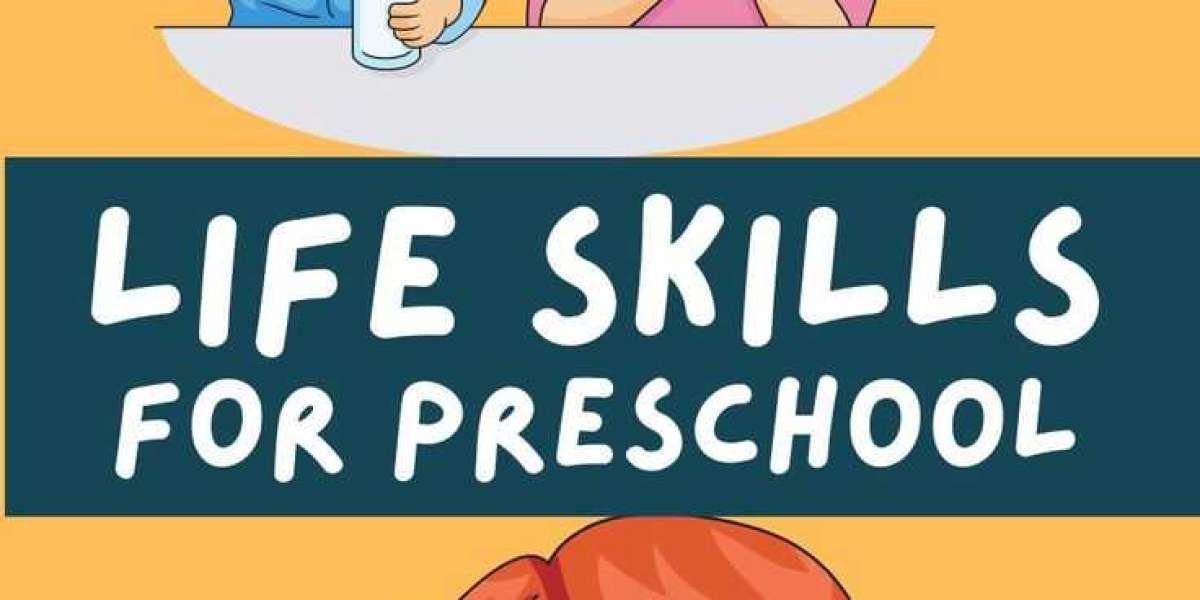Building Creative Activities: The Imagination Engine
These are the activities that teach kids that objects in real life have consequences, physics is a thing, and creativity is its own reward.
1. The Blanket Fort Architectural Challenge
Forget just throwing a sheet over a sofa. Turn this into a proper project. Give your kids a specific objective: a ‘castle with a functioning drawbridge,’ or a ‘two-story spy HQ.’ They have to figure out the structure, the anchor points, and the weight distribution using only blankets, pillows, and chairs. It’s hands-on problem solving games disguised as cozy fun. Pro-tip: Let them eat dinner inside the fort. Instant memory made.
2. The Great Junk Box Invention
Keep a big plastic bin of "junk": cardboard tubes, bottle caps, plastic containers, yarn, and masking tape. The challenge? Build a robot, a working vehicle, or a new species of animal. This is one of the best life skill activities because it teaches resourcefulness using what you have instead of demanding something new. It’s basically the ultimate low-tech prototyping session.
3. Kitchen Chemistry: Non-Newtonian Fluids
Making Oobleck (cornstarch and water) is a science lesson that feels like magic. It's solid when squeezed and liquid when relaxed. Activities for preschoolers especially love the sensory experience, but trust me, older kids will get a kick out of trying to figure out why it acts that way. Also check out: Baking soda and vinegar volcanoes a timeless classic.
Outdoor Nature Activities: Unplugging into the Wild
Let’s face it, nothing resets a kid's system like dirt and fresh air. These nature activities are essential for both physical and mental well-being.
4. Backyard Biologists (The Bug Hotel)
Grab a magnifying glass and a simple notebook. Dedicate a small corner of your yard to the "study of tiny things." They can sketch the bugs they find, track an ant colony, or even build a small ‘Bug Hotel’ out of sticks and leaves. This encourages patience, quiet observation, and a genuine connection with the world outside the window.
5. Park Playground Scavenger Hunt
When you go to the park, make a list of things to find before they can run off to the slides. “Find a leaf bigger than your hand,” “Find three different kinds of tiny rocks,” “Find something round that isn't a ball.” It turns a routine outing into a focused exploration, building observation skills without being overly rigid.
6. Geocaching or Letterboxing (Intro to Navigation)
This is essentially a real-world treasure hunt using simple coordinates or clues. Geocaching uses GPS (yes, a screen, but you’re outside and moving!), while Letterboxing is purely map- and compass-based. It's a fantastic family fun activity that gets everyone hiking and teaches basic mapping and compass reading.
Social Skill-Building Activities: The Human Connection
The goal here is to encourage direct interaction, communication, and working together all key elements of social skills activities.
7. DIY Family Game Show Night
Take classic family board games and turn them into a 'Game Show.' Instead of just playing Pictionary, one kid is the host, one is the scorekeeper, and everyone else is on teams. This requires fantastic group activities skills like delegating roles, managing rules, and handling both victory and loss gracefully. Importantly, the host (a great job for an older child) practices leadership and public speaking.
8. The Restaurant Role-Play
This is phenomenal for activities for preschoolers and younger kids. They create the menu (drawing and writing is a bonus), take the orders, cook/prepare the pretend food, and serve it. Not only is it fun, but it involves role-playing different social dynamics customer vs. server, problem-solving a mix-up order, and practicing manners. My wife, a former preschool teacher, always raves about how much communication this encourages.
9. Collaborative Storytelling
Start a story with one sentence: “Once upon a time, a purple platypus learned how to fly.” Then, the next person adds one sentence, and you keep going around the room. The challenge is to build on the previous sentence, meaning they have to actively listen and think quickly. This is a brilliant skills development exercise in creative thinking and verbal communication.
10. Household Repair 'Apprenticeship'
Seriously, stop doing everything for them. If a hinge is squeaking, or a chair needs tightening, have them be your "apprentice." Hand them the screwdriver (with supervision, of course!), let them hold the level, or fetch the right-sized wrench. They're learning real life skill activities, and you're getting a helpful (if slightly slower) hand. They love feeling essential.
Sensory Movement Activities: Getting the Wiggles Out
Sometimes, kids just need to move their bodies and engage their senses in a big, messy way.
11. Obstacle Course Chaos
Use pillows, furniture, painter's tape on the floor, string tied between chairs, and tunnels (blankets work great). The goal is to get from Point A to Point B without touching the floor or breaking the string 'laser grid.' The kids design the course first (more problem-solving!), then they run it. It burns energy and forces them to work within physical constraints.
12. Water Table/Sensory Bin Exploration
Even if you don't have a water table, a large plastic tub works fine. Fill it with water and add items: scoops, measuring cups, sponges, small floating toys. For older kids, add food coloring and ask them to mix specific shades. For a non-water option, use dried beans, rice, or sand and hide small toys for a digging expedition. Simple, messy, and deeply satisfying.
13. Family Dance Party: No Screens, Just Speaker
Crank up the music and just move. Seriously, no choreography allowed. This is a fantastic way to release pent-up energy, improve coordination, and just be silly together. We call ours "Five-Minute Fury" and let the kids pick five songs, then we all dance until we collapse. Pure, unadulterated fun activity.
14. Shadow Puppet Theatre
Hang a white sheet in a doorway or across a room and shine a bright lamp from behind. The kids use their hands (or cut-out shapes on sticks) to put on a show. They have to work together to tell the story, coordinate their movements, and even manage the light source. It's an entire performance art squeezed into a single doorway.
15. The 'Would You Rather' Conversation Jar
Sometimes, the best fun activities are the quiet ones that spark real connection. Write down a bunch of "Would You Rather" questions on slips of paper (e.g., Would you rather have a super-speed or the ability to fly?). Pull one out at dinner or during a quiet afternoon. The conversations that follow are gold for developing communication and perspective-taking.
The Takeaway
Look, nobody is saying you need to smash your TV or bury your phone. The digital world is here to stay, and it's full of great learning tools. But remember what Richard Louv, author of Last Child in the Woods, famously said: "Kids don't remember their best day of television."
The goal is balance, right? It’s about being intentional. By replacing just one hour of scrolling with one of these 15 fun activities, you're not just killing time; you're building a curious mind, a resourceful personality, and a family full of shared, physical memories. Try one this week and let me know how it goes!








